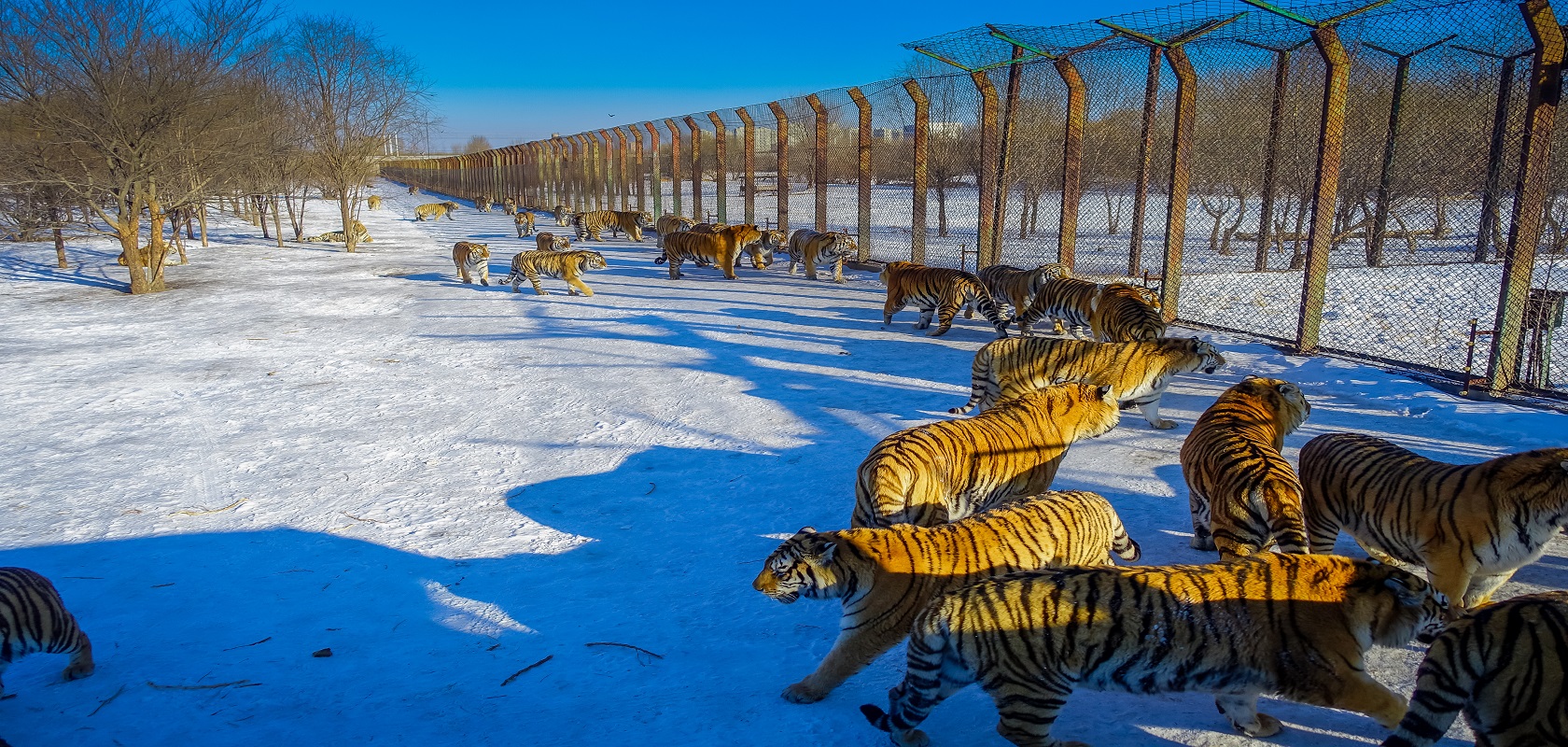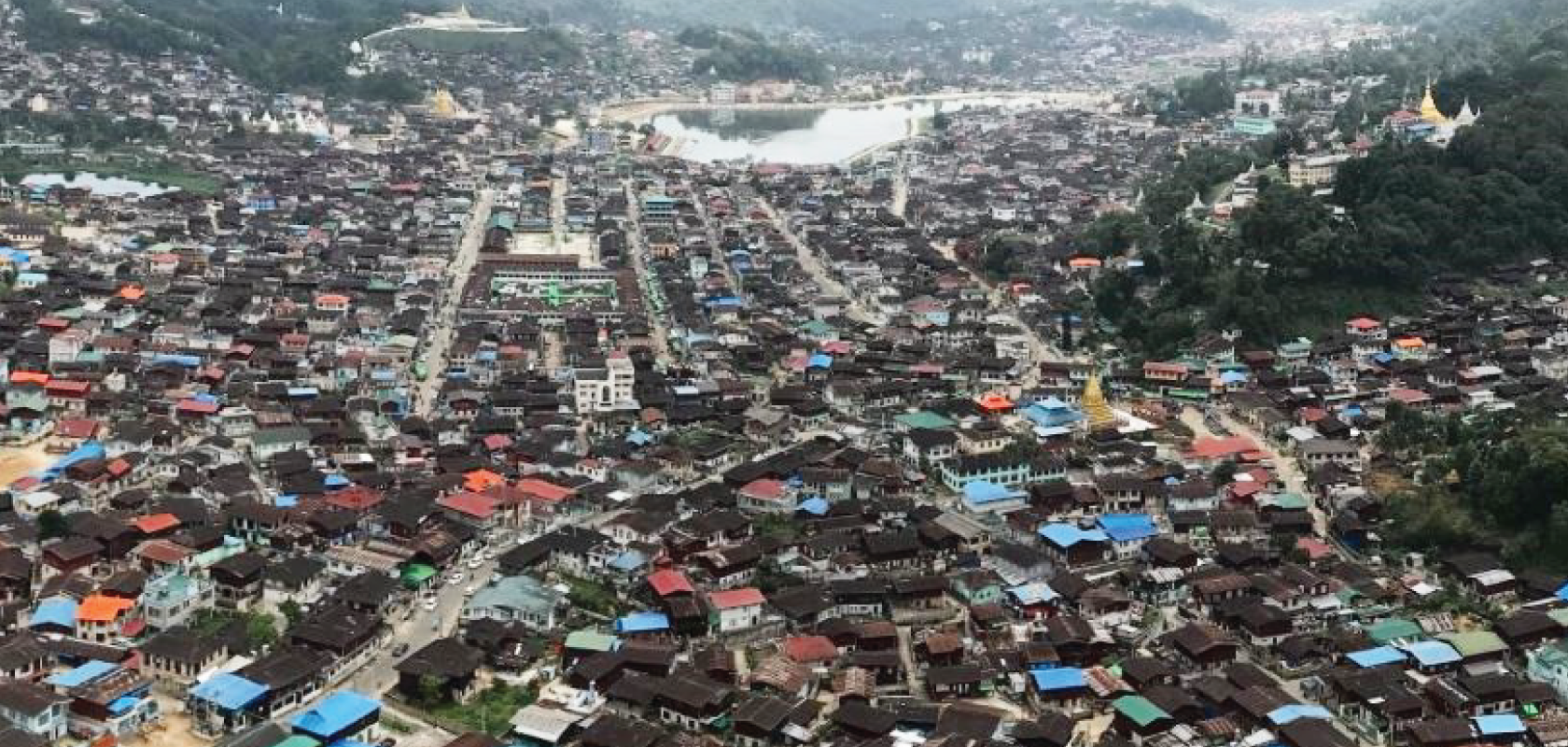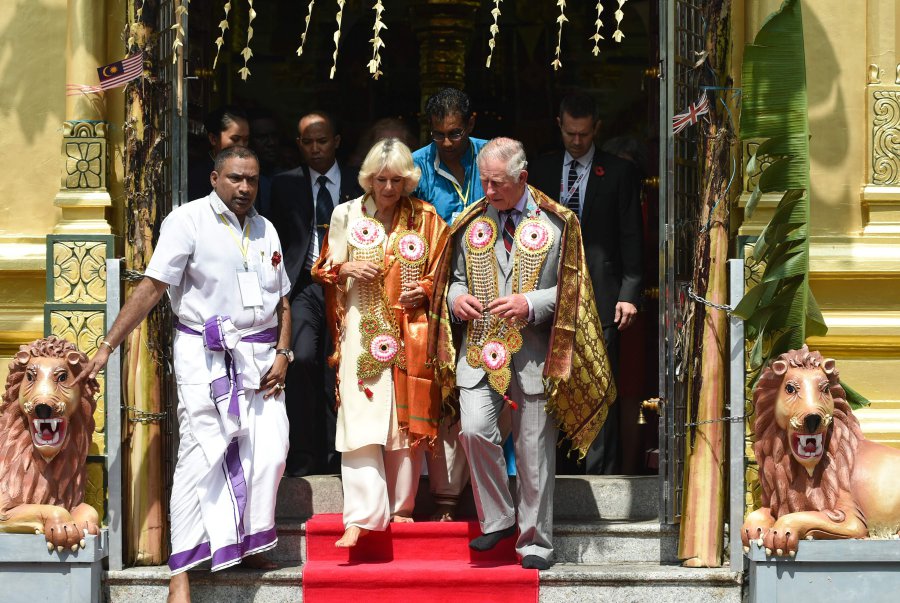Harbin is the capital of Heilongjiang, China’s northernmost province. The city grew in the late 19th century with the influx of Russian engineers constructing the eastern leg of the Trans-Siberian Railroad. The city’s Russian architecture includes its green-domed Saint Sophia Cathedral, an Eastern Orthodox church that’s now a local history museum. Across the river, Sun Island Park is famed for year-round ice sculptures.
The best times to travel to Harbin is from December to January when the city is decorated with silver ice and snow. Though the annual Harbin International Ice and Snow Festival opens on 5 January, the themed ice and snow activities actually begin in December, including marveling at intricate ice sculptures, winter swimming, playing football in snowfields and skiing, since December is already well into Harbin’s long winter, which is dry and clear with some snow. The temperatures stay well below freezing, on average -10 °C (14 °F) to -20 °C (-4 °F).
While Harbin is most famous for its International Ice and Snow Festival, the region offers myriad activities for tourists wishing to experience a winter wonderland without the crowds.
Skiing Fun
Visiting the ice city without skiing is like going to Beijing without seeing the Great Wall. As a potential candidate for the 2022 Winter Olympics, Harbin has a long snow period and boasts one of the best and largest ski resorts in China, Yabuli Ski Resort, as well as Erlongshan Skiing Resort, and Jihua Skiing Resort.
The Siberian Tiger Park
Located north of Songhua River, 37 kilometres from downtown Harbin, The Siberian Tiger Park is divided into ten areas including a domesticating area, mature tiger area, young tiger area, platforms for tigers sightseeing and more. The park also provides a safari-like bus tour with protective steel net.
Temple of Heavenly Bliss (Jile Temple)
On a site of 5.7 hectares, the Jile Temple is located at the end of Dongdazhi Street in Harbin’s Nangang District. A seven-storey pagoda dominates the temple. Measuring over 30 metres (98 feet) tall, it has eight upturned eaves and elegant Buddhist pictures on the walls in each level. The temple strictly follows the traditional Chinese temple style and is a magnificent architectural complex.
Heilongjiang Provincial Museum
Close to the Hongbo Square on Red Army Street, Heilongjiang Provincial Museum is situated in a European style building composed of three exhibition halls. The first shows ancient historical relics of Heilongjiang Province, the second hall showcases animals and the third exhibition hall is reserved for ancient animals.
Unit 731 Museum
Unit 731 Germ Warehouse Base was once a place where Chinese were captured by Japanese experimenters. These victims were exposed to various tested diseases, poisonous gas and other torture. The existing main building was originally the administrative headquarters, which housed the offices for commanding officers, aids, specimen display rooms and special rooms for gendarme and infirmary.


